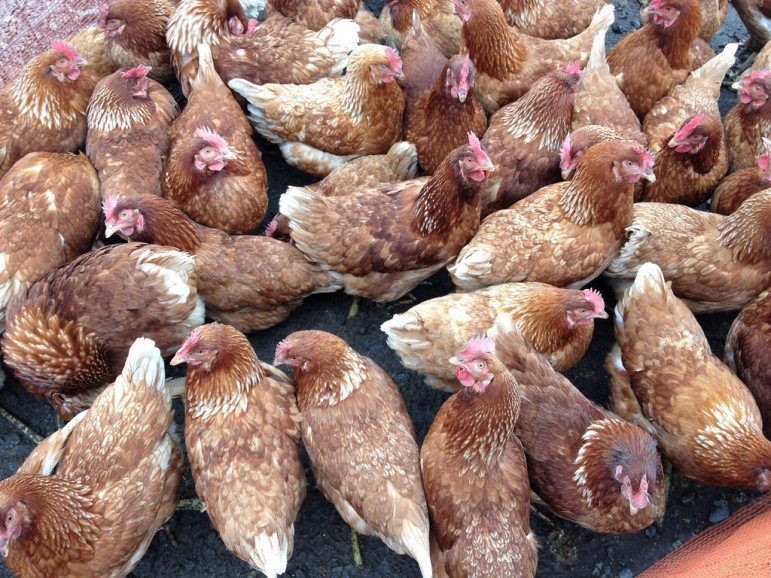
Reacting to avian flu outbreaks in other countries, Qatar has begun cracking down on live bird imports and exports.
According to Al Raya, a temporary ban has been placed on this type of animal.
A source at the Ministry of Municipality and Environment (MME) told the newspaper that the ban also applies to some fresh poultry and eggs.

In the past few weeks, different strains of the bird flu virus have emerged in France, South Korea, India, the UK and many other nations.
In some countries, birds got sick and died of the flu, while in others, humans contracted the virus and grew ill or died.
Elsewhere in the Gulf, Saudi Arabia has in the past 10 days banned chickens and eggs from India, parts of France and Poland over bird flu concerns.
Safety first
The MME source told Al Raya that all poultry products currently inside of Qatar are safe and subject to rigorous inspection.
These imports cannot pass through Qatar’s ports of entry without certification from their home country that they are free of infectious diseases, he added.

Veterinarians are also keeping tabs on geese, ostriches and other birds at local farms.
Bird flu has been a growing problem in the past year.
A few months ago in October, the MME said it was taking “precautionary measures” to protect residents against its spread.
The virus can cause fever, malaise, cough, sore throat, muscle aches, abdominal pain, chest pain and diarrhea. These can then develop quickly and cause severe respiratory problems.
In a statement last week, the World Health Organization said:
“WHO advises that travelers to countries with known outbreaks of avian influenza should avoid, if possible, poultry farms, contact with animals in live bird markets, entering areas where poultry may be slaughtered, or contact with any surfaces that appear to be contaminated with feces from poultry or other animals.
Travelers should also wash their hands often with soap and water, and follow good food safety and good food hygiene practices.”
Thoughts?






